Watch Out: Your Money Is Being Used to Destroy the World!
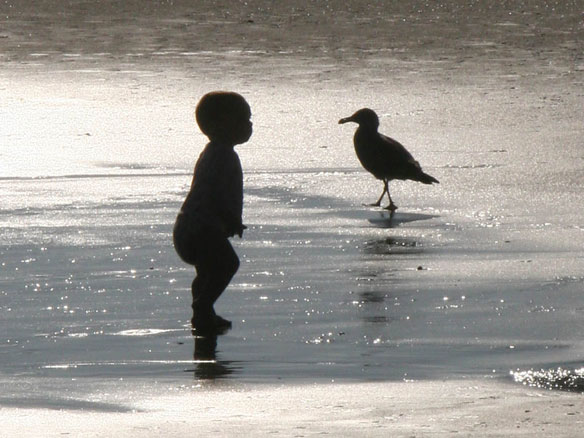
How governments spend taxpayers money to subsidise fossil fuels that cause deadly air pollution – A reminder to mark 5 June World Environment Day.
Mass die-off of puffins recorded in the Bering Sea
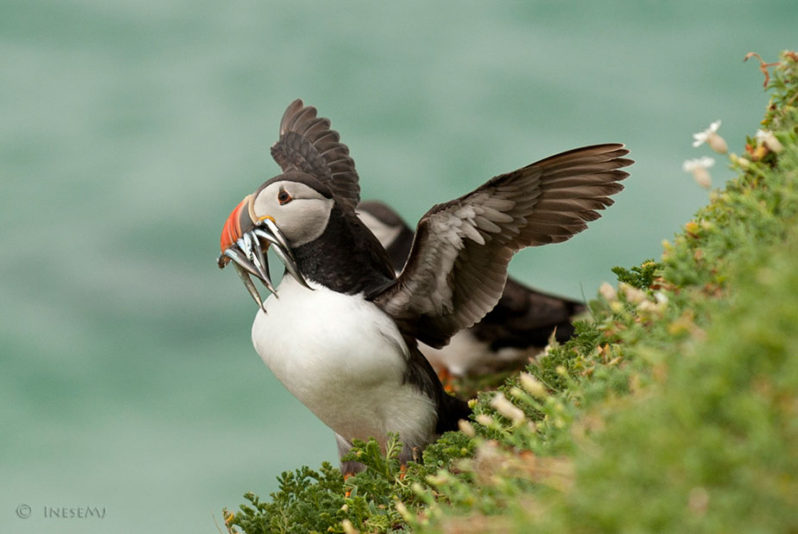
A mass die-off of seabirds in the Bering Sea may be partially attributable to climate change, according to a new study.
Live fast, die young: Study shows tiny fishes fuel coral reefs
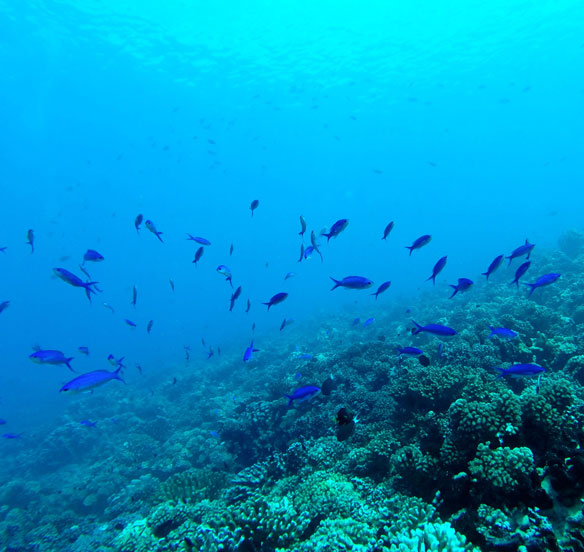
Scientists have long sought to understand how coral reefs support such an abundance of fish life despite their location in nutrient-poor waters. According to a new study, an unlikely group fuels these communities: tiny, mostly bottom-dwelling creatures called ‘cryptobenthic’ reef fishes.
Against the grain: anger grows at spike in ‘sand graffiti’ by tourists in Japan
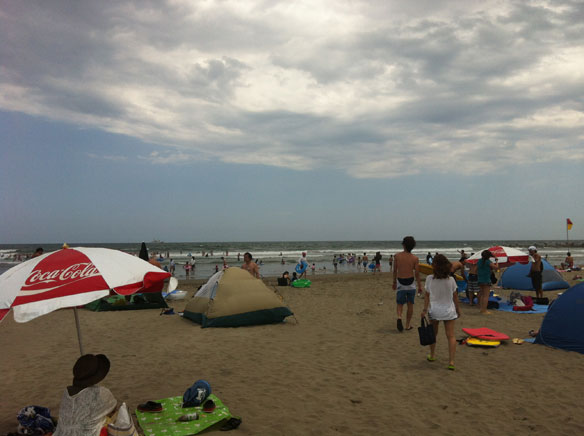
Local authorities in Japan have drawn a line in the sand amid anger over a rise in graffiti by foreign tourists disfiguring its pristine coastal dunes.
Dozens of gray whales are dying on the West Coast. What’s killing them?

At least 53 dead or dying gray whales have washed up on West Coast beaches this spring, a death rate that’s only been seen once before. The great mammals are starving to death and scientists have theories as to why but so far no full explanation. The number of deaths is likely much higher because it’s estimated that only 10% of dead whales actually end up on shore.
Predicting Wave Wash Overs for Sea Turtle Nests
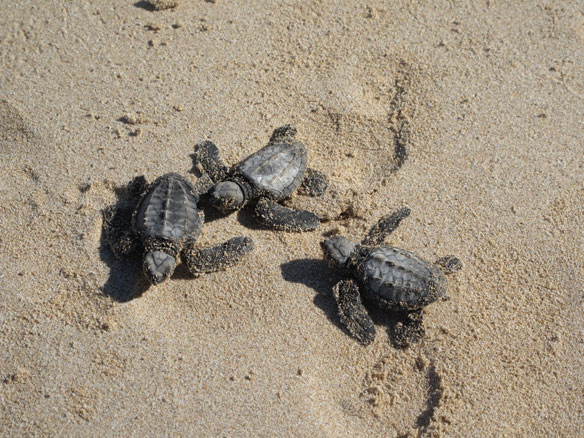
To better protect coastal species, researchers developed a model that predicts harmful wash overs with 83% accuracy.
New data platform illuminates history of humans’ environmental impact
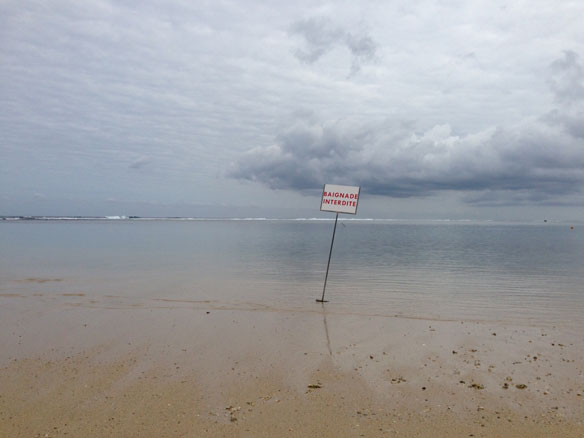
Animal remains found at archaeological sites tell the millennia-long story of how humans have hunted, domesticated and transported wildlife, altered landscapes and responded to environmental changes such as shifting temperatures and sea levels.Now, that story is available digitally through a new open-access data platform which links records of animals across biological and archaeological databases
EU ‘outright dangerous’ in its use of natural resources, says WWF
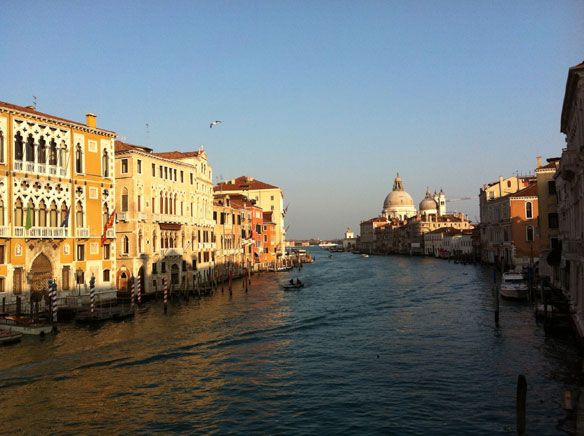
Europe is using up natural resources so quickly that the planet’s ability to replenish itself over the year would be exhausted by this Friday if everyone consumed as much, a new analysis has found.
Coastal recovery: bringing a damaged wetland back to life
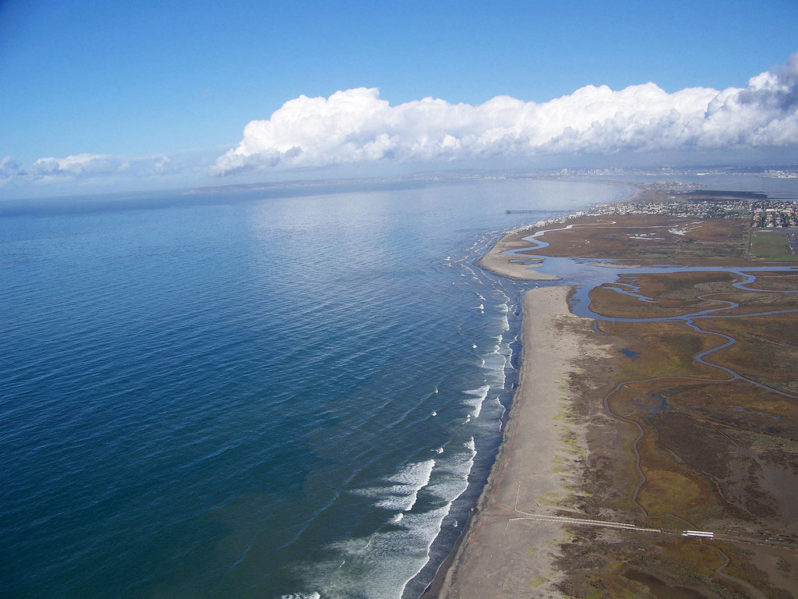
An ambitious wetlands restoration project is underway on Delaware Bay, where scientists are using innovative methods to revive a badly damaged salt marsh. The project could be a model for other places seeking to make coastal wetlands more resilient to rising seas and worsening storms.
